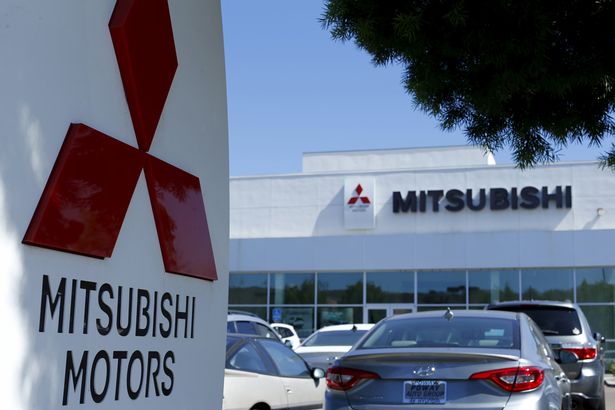-
Tips for becoming a good boxer - November 6, 2020
-
7 expert tips for making your hens night a memorable one - November 6, 2020
-
5 reasons to host your Christmas party on a cruise boat - November 6, 2020
-
What to do when you’re charged with a crime - November 6, 2020
-
Should you get one or multiple dogs? Here’s all you need to know - November 3, 2020
-
A Guide: How to Build Your Very Own Magic Mirror - February 14, 2019
-
Our Top Inspirational Baseball Stars - November 24, 2018
-
Five Tech Tools That Will Help You Turn Your Blog into a Business - November 24, 2018
-
How to Indulge on Vacation without Expanding Your Waist - November 9, 2018
-
5 Strategies for Businesses to Appeal to Today’s Increasingly Mobile-Crazed Customers - November 9, 2018
Mitsubishi’s Fuel Economy Claims Being Probed by U.S. Regulators
Over 6,00,000 affected cars have been sold in Japan during that period of time.
Advertisement
The revelations have sparked fears of ballooning compensation costs and fines, and prompted Japanese authorities to raid one of its research and development facilities.
Mitsubishi said, it had been compiling data for fuel economy tests using USA standards, where higher-speed, highway driving was common, rather than Japanese standards, which were set to reflect city driving, where the need to stop more often meant more fuel was used.
Nissan first discovered the discrepancy, and an internal probe by Mitsubishi has since dated the falsifying back to at least 1991.
Aikawa said so much was unknown that it’s uncertain what action the company will take.
“For the domestic market, we have been using that method since 1991”, Mitsubishi vice-president Ryugo Nakao told a Tokyo news briefing. Mitsubishi has formed an external panel of three former prosecutors to investigate its fuel economy misconduct .
It is unclear what top executives knew about the dodgy testing and data manipulation, but Aikawa has said he did not become aware of the problem until recently.
The company has speculated that aggressive internal targets may have put pressure on employees to essentially cheat on the tests.
Mitsubishi Motors said it used appropriate testing methods on vehicles sold in the U.S., and had no indications of data manipulation in vehicles sold in other overseas markets.
“Driving resistance data were obtained for that fuel-economy grade using a ‘high-speed coasting test, ‘ which differed from the coasting test required by the applicable laws and regulations in Japan”, the automaker explained in a statement.
Advertisement
Mitsibushi, Japan’s sixth largest automaker, suffered a plunge since it admitted the scandal, decreasing the automaker’s market value to 427 billion yen ($3.85 billion). “Although the two companies are facing different problems there is a fundamental issue with public trust in the auto industry”.





























